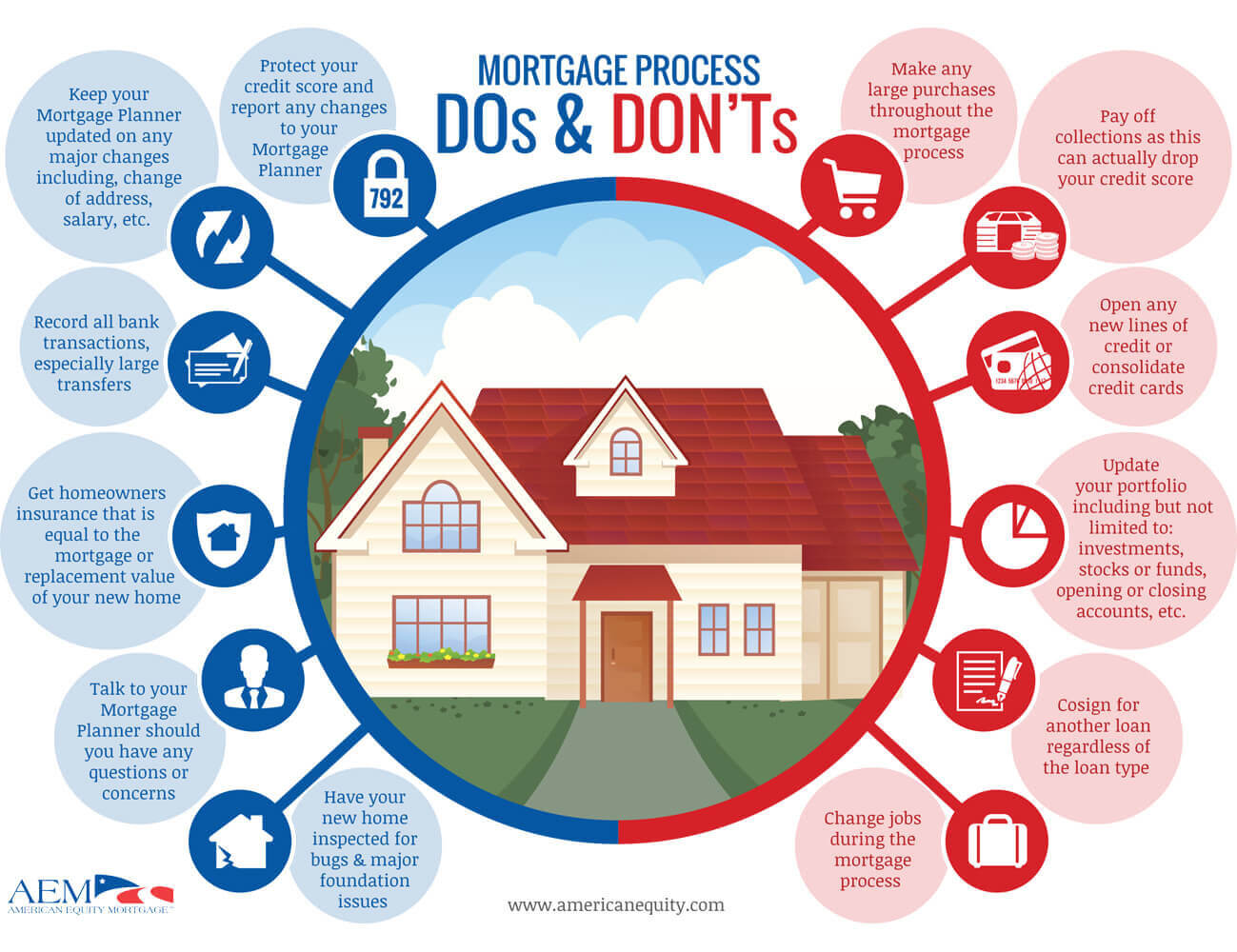Baffled Concerning Obtaining A Home Loan? These Tips Can Help!
Article written by-Blalock HooperWhen you are buying a new home, it is an exciting time. There is so much to be excited about, but dealing with your home mortgage can be difficult. Finding the best rates and terms is important, as well as paying your mortgage off in a timely manner. Follow the home mortgage tips below to go about your mortgage the right way.
Understand your credit score and how that affects your chances for a mortgage loan. Most lenders require a certain credit level, and if you fall below, you are going to have a tougher time getting a mortgage loan with reasonable rates. A good idea is for you to try to improve your credit before you apply for mortgage loan.
Before applying for a mortgage, pay down your debts. Lenders use a debt to income ratio to verify that you are able to afford a mortgage. A general rule of thumb is 36 percent of your gross income should be available to pay all of your monthly expenses, including your mortgage payment.
Your loan can be denied by any changes in your financial situation. Avoid applying for mortgages without a secure job. Never change jobs after you have applied for a mortgage.
Don't go charging up a storm while you are waiting for your mortgage to close. Credit is often rechecked near the final approval, and if you're spending too much, you may be denied. Once you've signed the contract, then you can spend more.
Know what the going interest rate is. This will help you know when to lock in an interest rate. Many mortgage companies offer to lock you into a particular interest rate for a period of 30 to 60 days. If the interest rates increase, you are protected. If they decline you can opt for the new interest rate.
Predefine terms before your application process, not just to prove to your lender that you are able to handle any arrangements, but also to keep it within your monthly budget, too. This means setting a limit for monthly payments, based on what you can afford and not just what type of house you want. Regardless of a home's beauty, feeling house poor is no way to go through life.
Lenders look at your debt-to-income ratio in order to determine if you qualify for a loan. If just click the up coming web site is over a certain percentage of your income, you may have trouble qualifying for a loan. Therefore, reduce your debt by paying off your credit cards as much as you can.
Do not accept an interest rate that is variable. If the economy experiences ups and downs, so will your mortgage. This could have a very negative impact on your finances. This may make it too hard for you to pay for your home, which is something you're probably not wanting to have happen.
Do not embark on the process of buying a home if you have just started a new job within the last year. The best home mortgage rates go to those that have been with a company for a number of years. Having learn more for a short time is seen as a risk, and you will be the one to pay for it with a higher interest rate.
You can request for the seller to pay for certain closing costs. For example, a seller can pay either a percentage of the closing cost or for certain services. Many times the seller is responsible for paying for a termite inspection along with a survey and appraisal of the property.
If you can afford the higher payments, go for a 15-year mortgage instead of a 30-year mortgage. In the first few years of a 30-year loan, your payment is mainly applied to the interest payments. Very little goes toward your equity. In a 15-year loan, you build up your equity much faster.
Take the time to get your credit into the best shape possible before you look into getting a home mortgage. The better the shape of your credit rating, the lower your interest rate will be. This will mean paying thousands less over the term of your mortgage contract, which will be worth the wait.
Make sure you pay down any debts and avoid new ones while in the process of getting approved for a mortgage loan. Before a lender approves you for a mortgage, they evaluate your debt to income ratio. If your debt ratio is too high, the lender can offer you a lower mortgage or deny you a loan.
Always read the fine print. If you have a hard time understanding the information, get some help with an expert that does not work for the lending company. You want to make sure that the terms do not change after a certain amount of time. The last thing you want is surprises.
Talk to the BBB before making your final decision. Deceitful brokers may con you into paying high fees and refinancing so that they can make more money. If a broker wants you to pay excessive points or high fees, be cautious.
Never leave a job when applying for a mortgage. Changing your job can delay the closing. Don't be surprised if they terminate the negotiations since you've become a much greater risk.
Do not do anything that will raise red flags to the lender while you are waiting for approval. Co-signing on a loan for someone else, changing jobs, moving to a new address or applying for a name change are all things that should never be done until after your loan is closed.
Knowledge is empowering. Rather than moving forward with uncertainty, you really can proceed with solid know-how. Before entering into an agreement, carefully go over each of your options.
